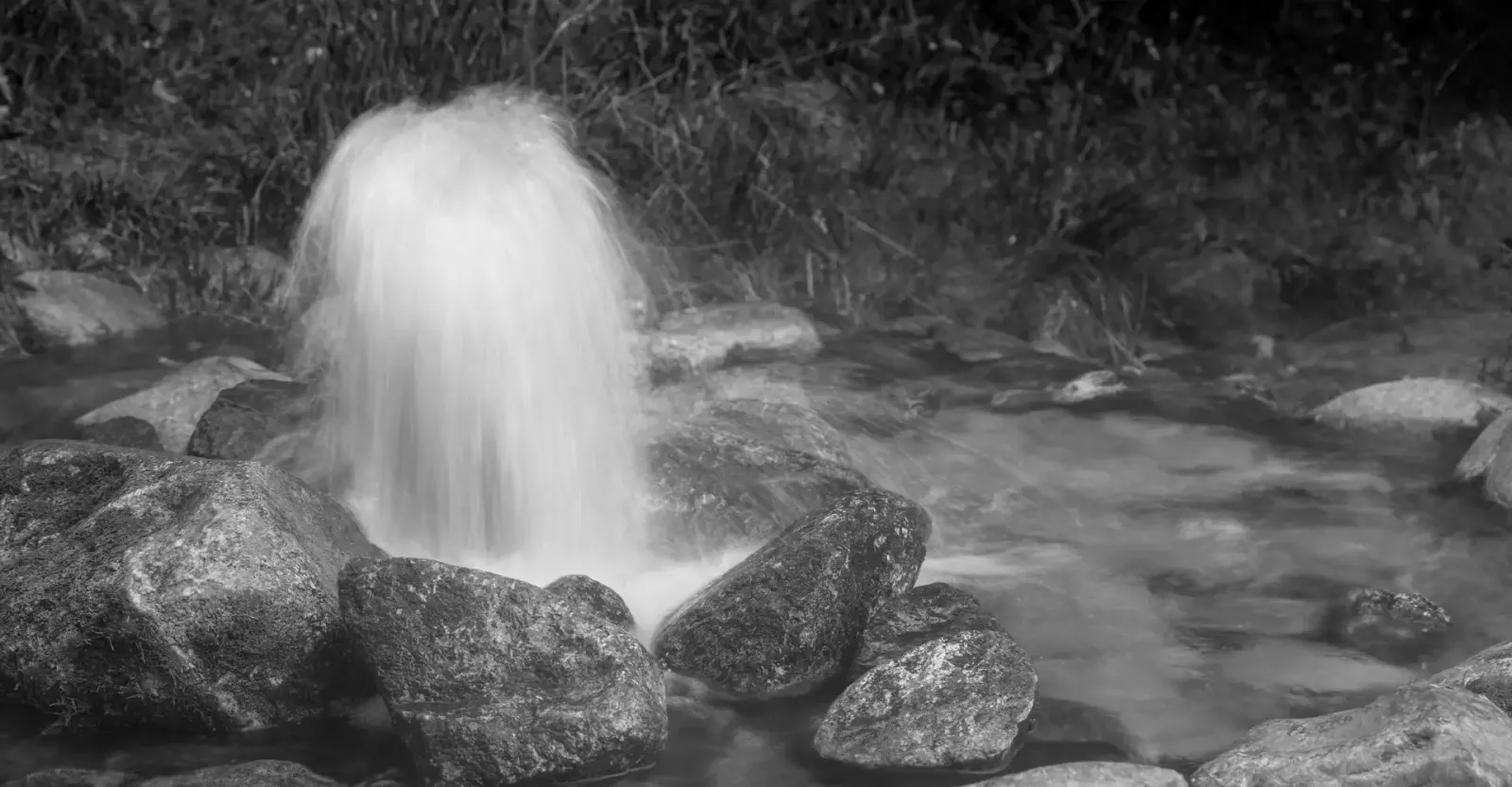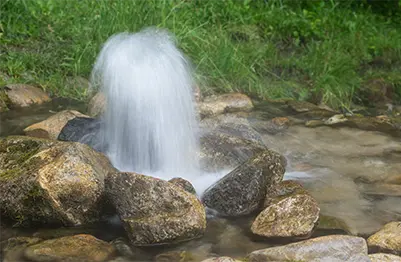

Hydrogeological Assessments
A hydrogeological assessment is a comprehensive study of groundwater resources within a specific area.
About
Understanding Hydrogeological Assessments
A Hydrogeological assessment evaluates the distribution, movement, and quality of groundwater, providing crucial insights for various applications, including the development of water wells.
For both domestic and commercial clients, understanding the subsurface water environment is essential to ensure sustainable and safe water extraction. At Igne, we specialise in conducting thorough hydrogeological assessments, setting the foundation for efficient water well projects.
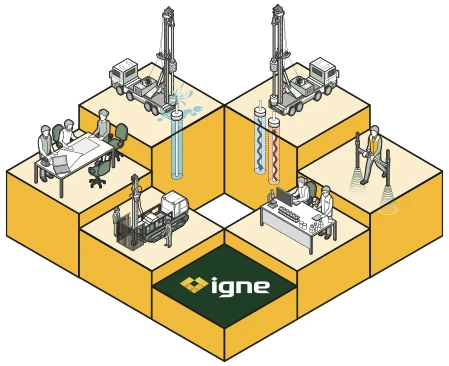
The Reason
The Importance of Conducting Hydrogeological Assessments
Conducting a hydrogeological assessment is a critical step before initiating any water borehole drilling project; they are useful for:
- Identifying groundwater availability: they determine the presence and quantity of groundwater, ensuring a proposed well location can yield sufficient water to meet the intended demand.
- Assessing water quality: evaluations of potential contaminants and natural water quality parameters help in determining the suitability of groundwater for its intended use.
- Informing well design & placement: by understanding subsurface conditions, assessments guide the optimal design and placement of wells, enhancing efficiency and longevity.
- Regulatory compliance: hydrogeological assessments may be required to ensure groundwater extraction does not adversely affect the environment or neighbouring water users.
The Process
Conducting and Reporting Hydrogeological Assessments
The methodology for hydrogeological assessments involves several systematic steps:
Desktop study
This initial phase involves collecting and reviewing existing geological and hydrological data relevant to the site. Sources may include geological maps, previous studies, and remote sensing data.
Field investigations
Based on the desktop study, on-site investigations are conducted, which may include:
- Geophysical surveys: techniques such as electrical resistivity or seismic refraction are used to map subsurface features without invasive drilling.
- Test drilling: drilling exploratory boreholes to directly observe subsurface conditions and collect soil and rock samples.
- Aquifer testing: performing pump tests to evaluate the capacity and recharge rate of the aquifer.
Data analysis
The collected data is analysed to develop a conceptual model of the groundwater system, detailing aspects like flow directions, recharge areas, and potential contamination sources.
Reporting:
A comprehensive report is prepared, outlining findings, interpretations, and recommendations. This report serves as a critical document for decision-making in water well development and management.
The Benefits
Benefits of Hydrogeological Assessments
Commissioning a hydrogeological assessment can enhance success rates. By identifying optimal drilling locations and appropriate well designs, the likelihood of successful water extraction is significantly increased.
Assessments can also help in identifying potential contamination sources and other risks, allowing for the implementation of preventive measures. This can add to cost efficiency, because understanding the subsurface environment reduces the chances of unforeseen issues during drilling, leading to more accurate budgeting and resource allocation.
Finally, informed extraction practices ensure groundwater resources are utilised responsibly, preserving them for future use.
FAQ
Frequently Asked Questions about Hydrogeological Assessments
- What is the purpose of a hydrogeological assessment?
A hydrogeological assessment aims to evaluate groundwater characteristics, including availability, quality, chemical properties, and movement, to inform the development and management of water wells and other subsurface projects.
- When should a hydrogeological assessment be conducted?
Such assessments are recommended before drilling new wells, when experiencing issues with existing wells, or when required by regulatory authorities to ensure environmental compliance.
- How long does a hydrogeological assessment take?
The duration varies depending on the project's complexity but typically ranges from a few weeks to several months, encompassing data collection, field investigations, analysis, and reporting.
- Are hydrogeological assessments mandatory?
In many regions, regulatory bodies require hydrogeological assessments, especially for large-scale water extraction projects, to ensure sustainable and environmentally sound practices.
- Can a hydrogeological assessment predict future groundwater levels?
While assessments provide a snapshot of current conditions and can model potential scenarios, predicting exact future groundwater levels involves uncertainties due to factors like climate variability and land-use changes.
- How does Igne conduct hydrogeological assessments?
We have a systematic approach, starting with a desktop study, followed by detailed field investigations, data analysis, and comprehensive reporting, ensuring that clients receive accurate and actionable information.
- What qualifications do professionals conducting hydrogeological assessments have?
Professionals typically hold degrees in geology, hydrology, or related fields and possess extensive experience in groundwater studies and environmental assessments.
- How much does a hydrogeological assessment cost?
Costs vary based on the assessment's scope, volume of water to be abstracted, site conditions, and specific client requirements. We provide tailored quotes to ensure services meet both technical needs and budget considerations.
- What happens if contamination is found during the assessment?
If potential contamination is identified, we can recommend appropriate mitigation measures, which may include site remediation, alternative well placement, or treatment solutions to ensure safe water quality.
- How can I get started with a hydrogeological assessment for my project?
Contact us to discuss your project's specifics. Our team will guide you through the process, from initial consultation to the completion of the assessment, ensuring your water well development is based on solid scientific understanding.
The Next Step
Embark on Your Sustainable Water Journey with Igne
At Igne, we recognise a thorough hydrogeological assessment is the critical first step towards securing a reliable and sustainable water source. Our expertise in site investigation, geotechnical analysis, and specialist drilling ensures that your water well project is built on a foundation of excellence.
Whether you're a domestic client relying on a borehole for daily needs or a multinational corporation requiring consistent water supply for operations, Igne's comprehensive assessments pave the way for success.
Contact us today to begin your journey towards a sustainable water solution.

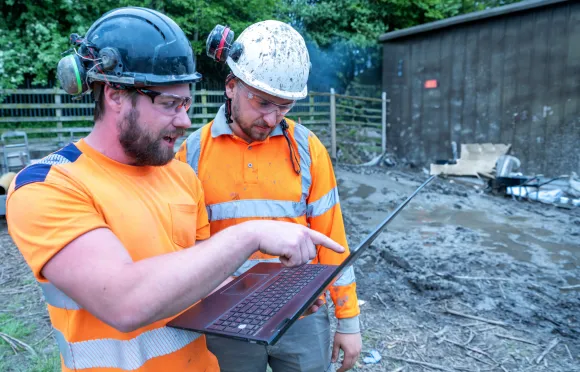
Licencing Applications
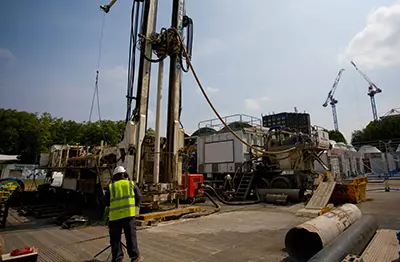
Drilling & Lining
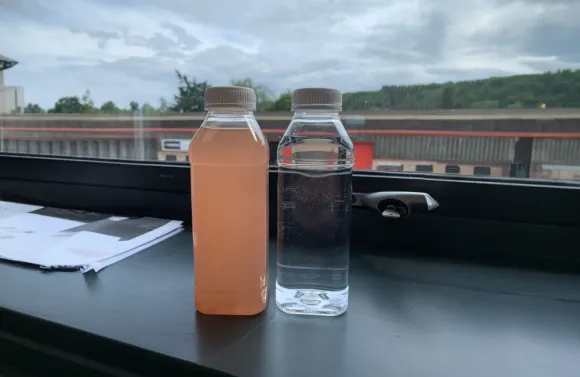
Water Treatment

Water Analysis
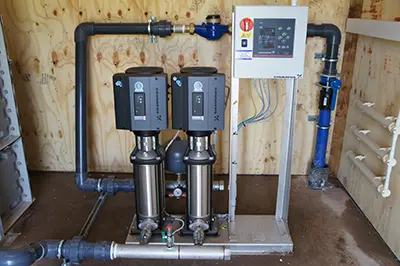
Test Pumping
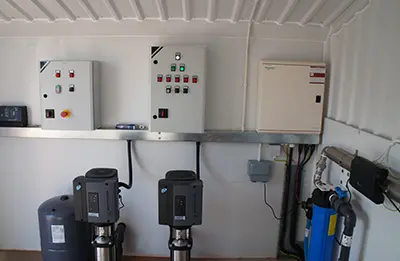
Borehole Pumps

Borehole Design

Abstraction Borehole Real Time Digital Monitoring Systems

Drilling Consultancy

Pump Installation


